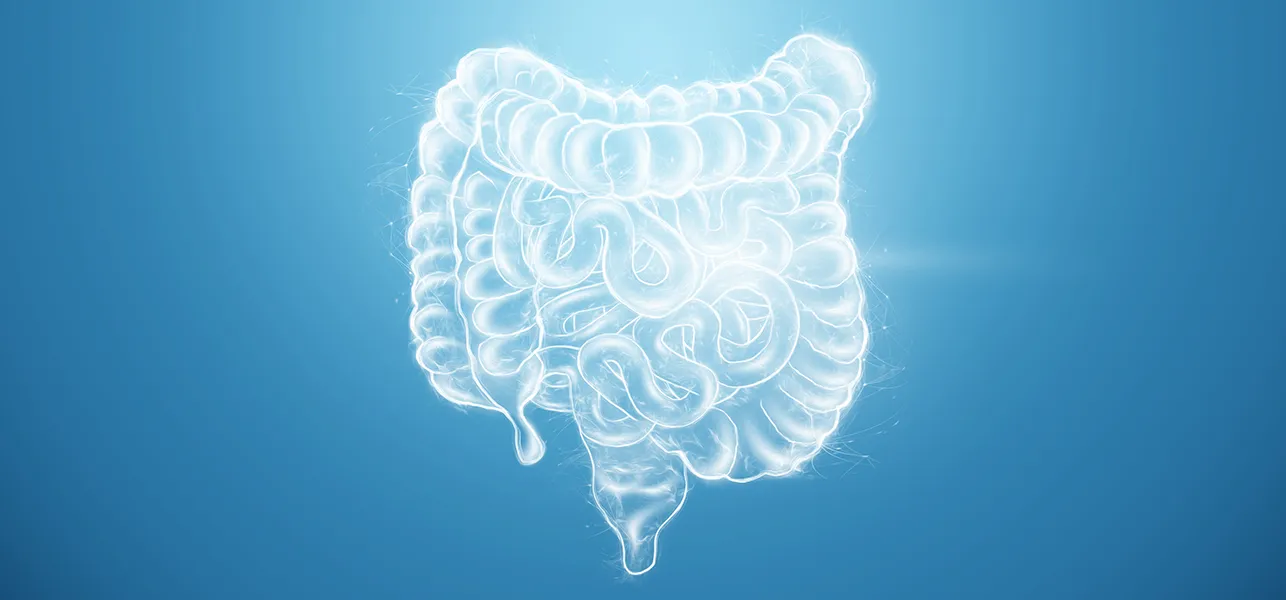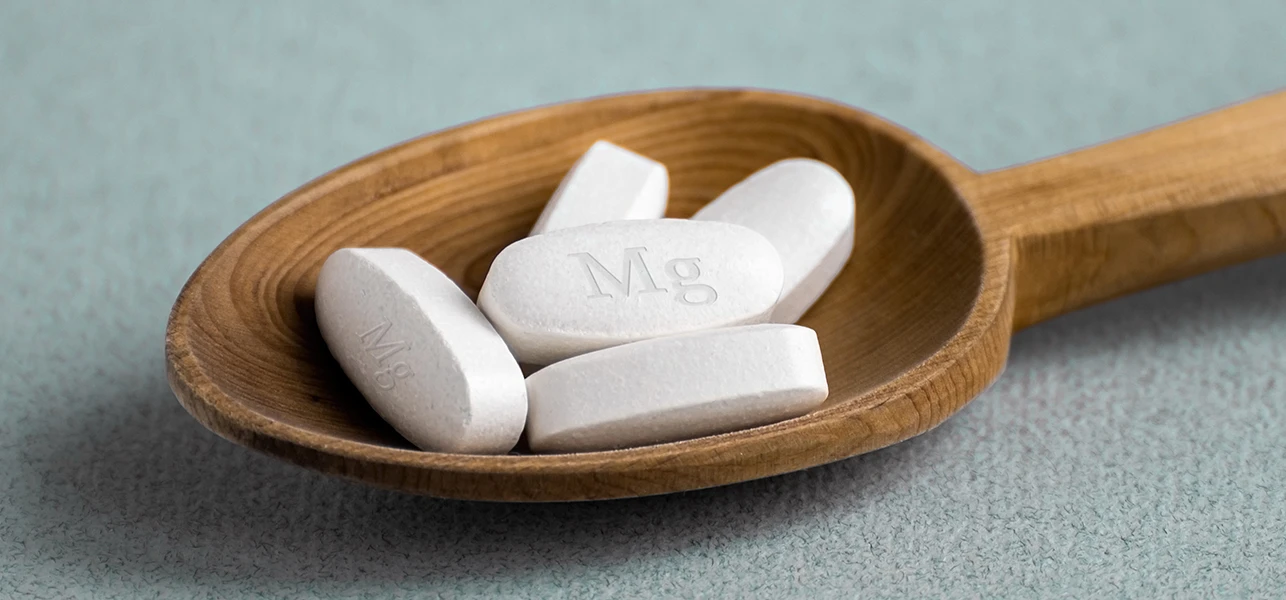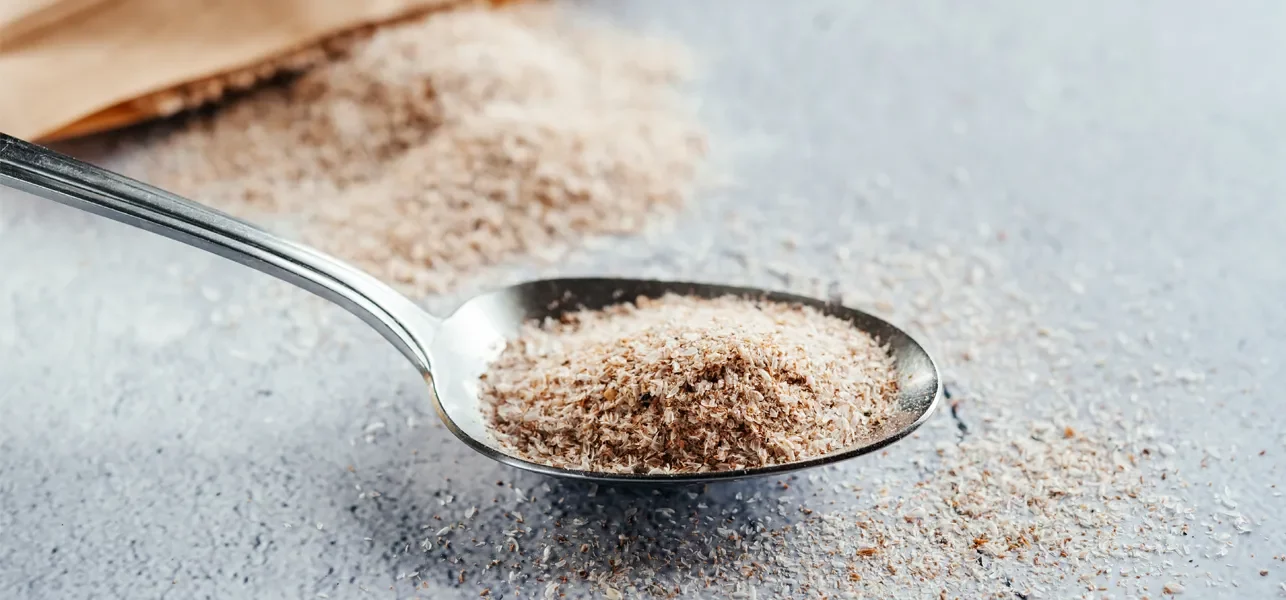Can Constipation Cause Chest Pain? A Possible Link

Constipation refers to irregular bowel movements that occur fewer than three times per week.
Stools become hard, lumpy, and difficult to pass, accumulating in pain, discomfort, and excessive straining.
While everybody can experience mild constipation from time to time, others suffer from chronic constipation. Constipation often accompanies other symptoms such as bloating, stomach pain and cramps, and nausea.
But if the pain in the chest coincides with your toilet trouble, you might be wondering whether there is a link between the two. As unexplained chest pain can signify a heart problem that requires medical help, it’s essential to know the signs to look out for.
Keep reading as we analyze the potential relationship between chest pain and constipation to put your mind at ease.
Can Constipation Cause Chest Pain?
In some cases, constipation can cause chest pain, and it’s likely due to gas pain.
Gas pains are a common occurrence that can happen to anybody for various reasons, such as swallowing air while eating, drinking, and talking.
It may also result from eating foods that produce gas, like beans, lentils, and cruciferous vegetables.
Constipation can contribute to excess bloating and abdominal pain. As stool remains trapped in the colon, it can cause more bloating, leading to gas.
Trapped gas can feel like a sharp, stabbing pain in your abdomen, but you may feel it in your chest too. Pain in the chest caused by excess gas can feel like a sharp pain in the left side of the chest, or you may feel tightness and discomfort in the chest region.

Advertisement
The accumulation of gas in the digestive system can trigger gas pain in the chest. It is particularly likely in those with chronic constipation or other digestive disorders such as inflammatory bowel disease (IBD), irritable bowel syndrome (IBS), ulcerative colitis (UC), or Crohn’s disease.
Gas pain is common, but it’s less common to feel pain in the chest area.
As it can be tricky to decipher where the pain is coming from, it’s best to seek medical attention to rule out any underlying health conditions.
If you experience severe chest pain or the pain lasts for a while, you should head to the nearest emergency room for advice.
Constipation and Shortness of Breath
As constipation can cause bloating, it may indirectly cause shortness of breath.
Abdominal pain and bloating can make it difficult to take a deep breath.
When bloated, the abdomen can press against the diaphragm, the muscle that separates the chest from the stomach. Your diaphragm enables you to breathe, so when its movement is restricted, it can cause breathing problems.
So, if you’re suffering from constipation and bloating, you may experience shortness of breath.
That said, many factors can cause difficulty breathing. In some cases, it may be a sign of a heart or lung problem, so it’s always best to get medical assistance.
Is It Constipation or Is It My Heart?
Most chest pain isn’t serious, but it can be a warning sign of a heart attack. A heart attack is usually caused by a blood clot, which restricts blood flow to the heart.
According to the NHS, you should call for emergency assistance if you have sudden pain in the chest coupled with the following symptoms:
- Pain that radiates to the arms, back, neck or causes jaw pain
- Feels tight or heavy
- Begins with difficulty breathing, sweating, nausea, or vomiting
- If chest pain occurs for more than 15 minutes
If your constipation is causing gas pain in the chest, the pain is usually irregular. It may be sharp and sudden before it disappears, and specific movements may trigger it.

A few seconds of recurrent pain that is sharp is less likely to be a heart attack.
If you feel chest pain and are unsure if you are experiencing gas pain or heart pain, always prioritize your health and get checked by a doctor.
How to Deal With Constipation?
Constipation is a frustrating and uncomfortable occurrence, but fortunately, there are treatment options and home remedies that can get your colon back on track.
Leading a healthy lifestyle and practicing good habits is a primary way to handle and prevent constipation. Here are 3 top tricks.
#1 Drink plenty of water
Drinking plenty of fluids keeps your colon happy as it allows the colon to absorb water which helps loosen and soften hard stools to move more freely through the digestive tract.
#2 Eat more fiber
Fiber-rich foods such as whole grains, fruits, and vegetables are essential to gut health. The body cannot break down fiber and allows it to travel through the digestive system, sweeping the gut.
A Word From our RD
While chest pain is less common than other symptoms associated with constipation, it can occur in some people.
It can be hard to identify the cause of pain in your chest area. As the pain in the chest is notoriously tied to symptoms of a heart attack, it’s no wonder that people worry.
But there are so many factors that can cause non-cardiac chest pain, including acid reflux, or the more severe, gastroesophageal reflux disease, caused by stomach acid moving back up into the esophagus.
Chest pains may also be associated with panic attacks. A panic attack is an episode of sudden fear that can cause a range of physical symptoms and is common for those diagnosed with a panic disorder.
The most common diagnosis for chest pain alongside constipation is gas pains. A blocked colon can cause a buildup of gas in the digestive tract that can cause bloating and abdominal pain. It can, in some cases, cause chest pains.
Gas pain in the chest can feel like a tightness, stabbing, or squeezing pain and sometimes a burning sensation.
To rule out serious health concerns, visit your doctor for advice, diagnosis, or treatment. If you think you might have symptoms of a heart attack, seek immediate help
The Bottom Line
There may be a connection between constipation and chest pains due to a buildup of gas. While gas mostly causes stomach pain, it can cause chest pains in some people.
Many digestive disorders cause other symptoms, including nausea, bloating, and gas pains. But constipation with chest pain could indicate certain medical conditions. If you’re worried, talk to your doctor for advice and treatment options.
Comments (2)
Leave a comment
Thank you for your comment







You discribe exactly my symptoms what is colonbroom. Can i have more informaions. Thank you very much.